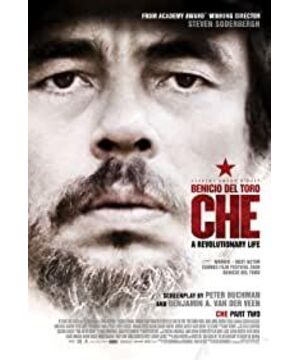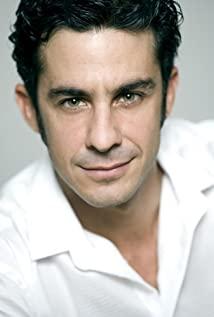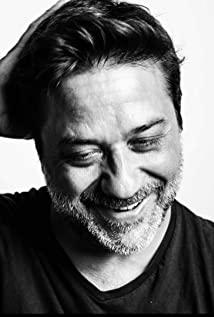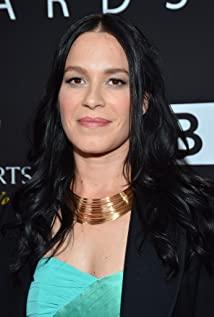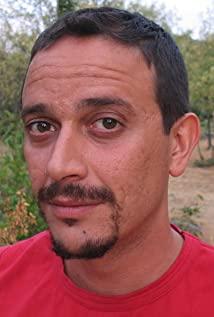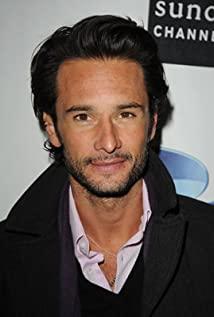After several years of ups and downs, this time "Jieguhuala", even if it has some shortcomings, should be a work that the director has returned to the standard.
The film is a four and a half hour long work. But while it has the length of an epic movie, it's not another "Desert Man" or "Bridge of the River Kwai." This is not a heart-pounding epic, on the contrary, it is a cool and rough description of the revolutionary, even pulling him down from his deified position.
A large part of the film is guerrilla warfare. From the forest to the city in the first half, to the revolutionary battle in Bolivia in the second half, the filming has a strong sense of reality. The director has done his best in scene and shot scheduling. However, it is the film's bright spot, as well as its blemish. It's because this page takes up too much. Zheguhuala is a revolutionary who believes in communism, but the film portrays him as a warrior. The process of his taking the revolutionary road should be filmed, but he was not filmed; his willingness to mingle with the working class after the success of the Cuban revolution should be filmed, but he was not filmed.
Or, from the director's point of view, Jaguwara is a warrior, not a revolutionary. However, the seizure of power by the barrel of a gun seems to be inextricably linked to communism.
The director is very confident in the movement of the camera this time, and the story is still uncertain. One of the most legendary revolutionary figures was wiped out by him, but he exerted too much force and it was not appropriate to choose. There is no doubt that "Jieguhuara" has been a topic of conversation among movie fans in recent years, and the director finally caught his attention this time.
Definitely looking forward to the next set from Steven Superborg.
View more about Che: Part Two reviews


